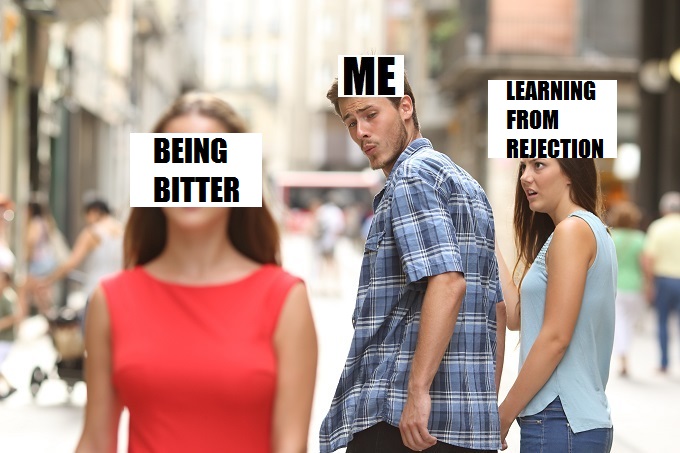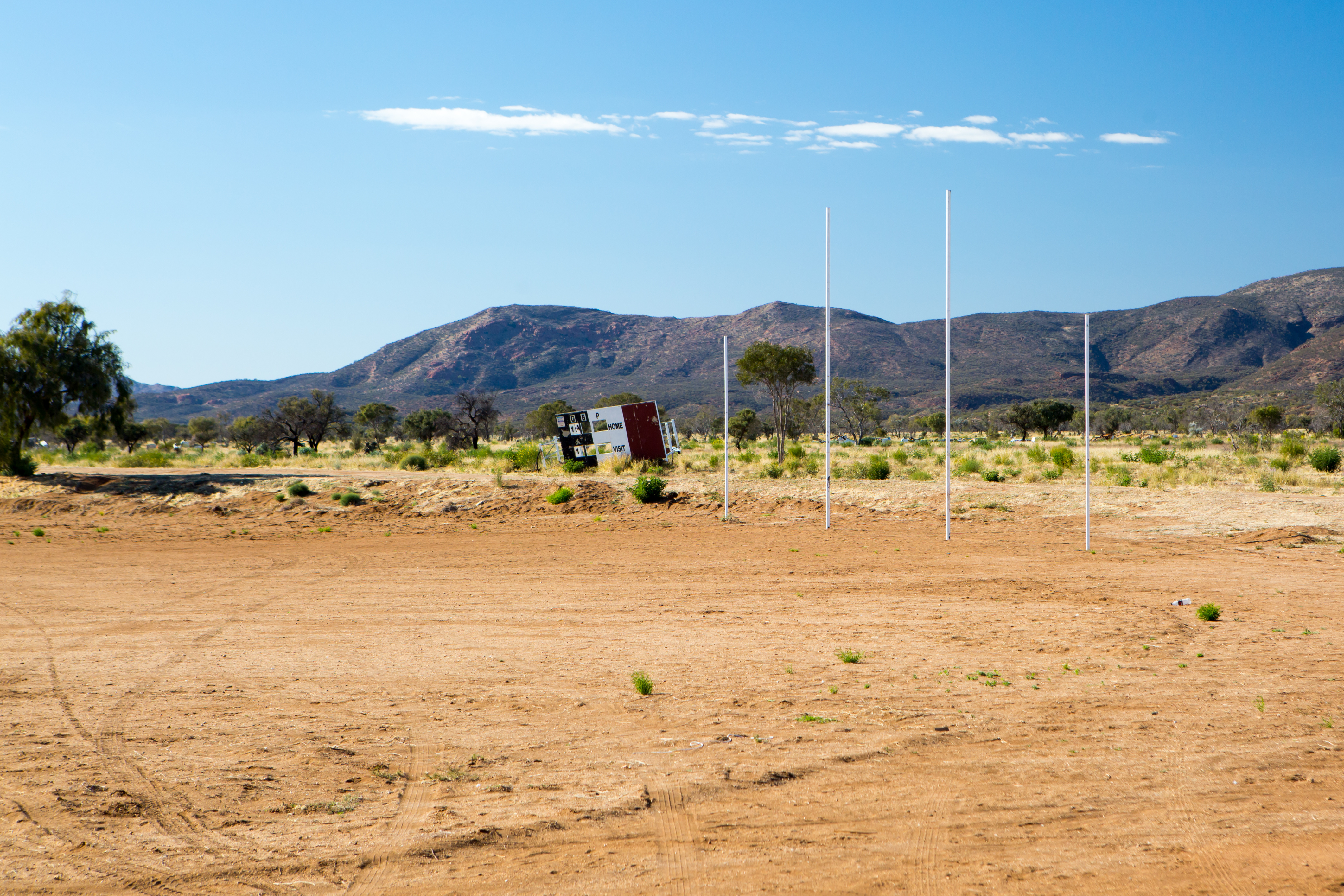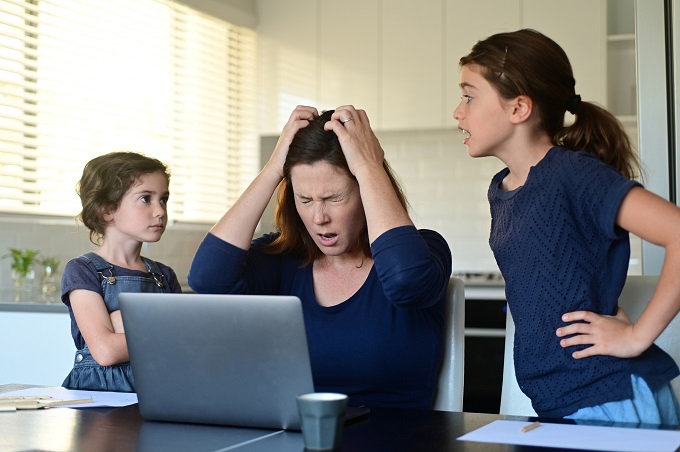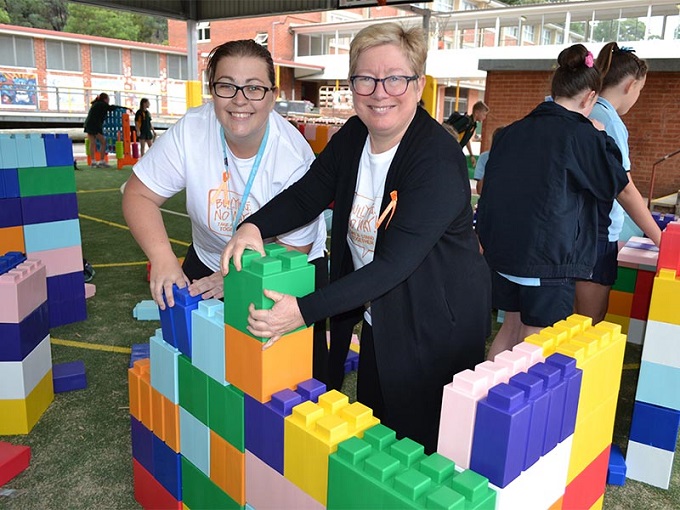Early intervention is key for youth mental health
Mental health concerns in young people are rising as anxiety and uncertainty about the future grows during the pandemic.

Social isolation during the pandemic and anxiety about the future is creating a “perfect storm” affecting young people, according to youth mental health expert Professor Patrick McGorry.
Patrick McGorry, Professor of Youth Mental Health at the University of Melbourne, discussed the impact of COVID-19 on young people’s mental health with Secretary Mark Scott in the latest episode of the Every Student Podcast.
Mental health is their main health problem even under normal conditions,” Professor McGorry said.
“We [now] have the social isolation and the loss of sources of pleasure and fulfilment in life.”
Despite increases in negative impacts to mental health, Professor McGorry believes that access to support services has been reduced during the pandemic because of a reluctance to seek or find services that can help.
“Practically for young people it is kind of hard to find the right sort of help at the moment,” he said.
Professor McGorry has spent most of his career working in early intervention services for youth mental health and engages groups of young people to co-design services with Orygen, the national centre for excellence in youth mental health where he is Executive Director.
“We absolutely can’t do this without the fundamental and central input of young people both in the clinical care sense and also in the research sense,” he said.
Angelica, aged 22, and Jeanti, 23, are members of the Youth Research Council at Orygen and offered their insights into mental health supports for young people.
“It is really important that student mental health supports are clearly transparent and what is available to students is made clear from the beginning,” Angelica said.
One of nine children in her family, Angelica has noticed a significant rise in her siblings’ anxiety and worry about what the future may hold for them.
Jeanti suggested that increasing pressures around the world including COVID-19, bushfires and climate change, are leading to young people feeling overwhelmed.
“Usually the world seems like an exciting place but I think now it is weighing on people a lot more and that of course negatively impacts their mental health,” Jeanti said.
Professor McGorry suggests having honest conversations with young people, listening to what they are saying and maintaining a positive attitude as an approach adults can take when helping young people.
“Hope is a lifesaving commodity and that is one of the things I found when I first got into psychiatry, there wasn’t much hope when people developed a mental illness,” he said.
It can’t be blind hope. It has got to be something that is dealing with the issues that have been raised.
Looking ahead Professor McGorry continues to advocate for both prevention and early intervention in mental health, similar to the way physical health is treated.
“We have got to provide early intervention and a safety net so people get expert help as soon as they start developing the need for it,” Professor McGorry said.
“The [Federal] Government has built some parts of the safety net so give them some credit . . . but there is a lot of holes in that safety net and it needs to be much stronger if it is going to stop people falling through.”
Listen to the full episode now:
Read the transcript of Every Student Podcast: Patrick McGorry.







